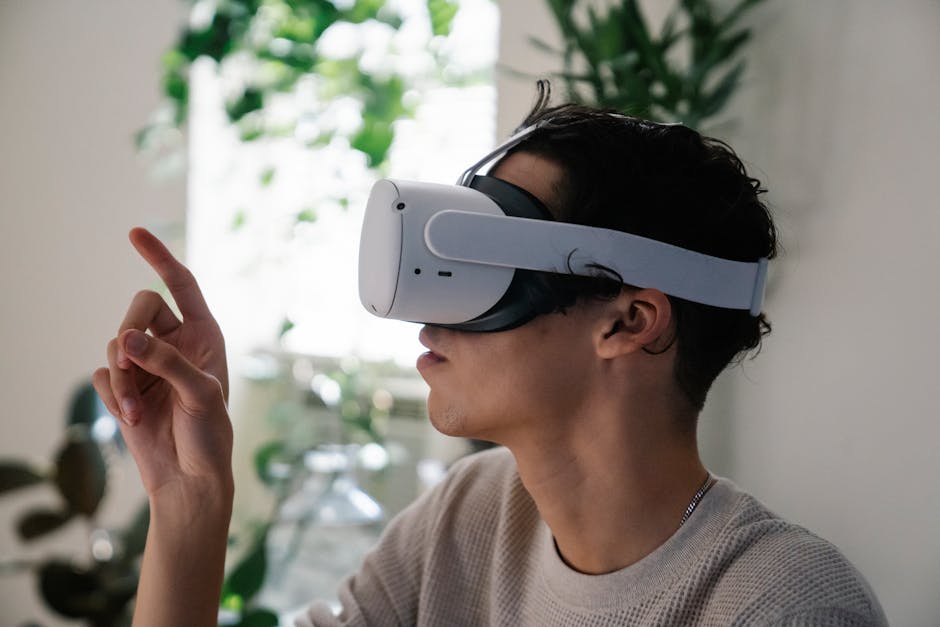How Work Has Changed Forever: Insights from Salesforce VP and Author Karen Mangia
"In this blog post, we explore the insights shared by Salesforce VP and author Karen Mangia on how work has changed forever. Discover the key trends shaping the future of work and learn how to adapt your workplace strategies to thrive in this new era. "

The world of work has undergone a dramatic transformation in recent years, and these changes are here to stay.  To better understand the implications of this shift, we turn to the insights of Karen Mangia, Salesforce VP and author, who has been at the forefront of workplace design strategies to attract retain talent.
To better understand the implications of this shift, we turn to the insights of Karen Mangia, Salesforce VP and author, who has been at the forefront of workplace design strategies to attract retain talent.
The Rise of Remote and Hybrid Work
One of the most significant changes in the workplace has been the rapid adoption of remote and hybrid work models. Mangia notes that the pandemic accelerated this trend, forcing companies to quickly adapt to a distributed workforce. However, she believes that this shift was inevitable, as technology had already laid the groundwork for more flexible work arrangements.
As organizations continue to embrace remote and hybrid work, Mangia emphasizes the importance of rebuilding workplace community in these new environments. This involves fostering a sense of belonging, encouraging collaboration, and maintaining open lines of communication.
The Evolving Role of the Office
While remote work has become more prevalent, Mangia argues that the office still plays a crucial role in the future of work. However, the purpose of the office is evolving. Rather than serving as a place where employees come to work independently, the office is becoming a hub for collaboration, innovation, and socialization.
To support this new role, companies are rethinking their office designs. Mangia suggests incorporating elements such as office neighborhoods exploring their functionality and benefits for your company, which create dedicated spaces for different teams and activities. Additionally, she highlights the importance of investing in technology that enables seamless collaboration between in-office and remote employees. 
Prioritizing Employee Well-being
Another key trend that Mangia identifies is the growing emphasis on employee well-being. In the wake of the pandemic, many employees have reevaluated their priorities and are seeking work environments that support their physical, mental, and emotional health.
To attract and retain top talent, Mangia advises companies to prioritize employee well-being initiatives. This can include offering flexible work schedules, providing access to mental health resources, and creating a culture that values work-life balance. By investing in the well-being of their employees, organizations can foster a more engaged, productive, and loyal workforce.
Embracing Technology and Innovation
Finally, Mangia stresses the importance of embracing technology and innovation in the workplace. As the pace of change continues to accelerate, companies that are able to quickly adopt new tools and processes will have a competitive advantage.
To stay ahead of the curve, Mangia recommends that organizations cultivate a culture of continuous learning and experimentation. This may involve investing in employee training and development programs, encouraging cross-functional collaboration, and being open to new ideas and approaches. 
As the world of work continues to evolve, the insights shared by Karen Mangia provide a valuable roadmap for navigating these changes. By embracing remote and hybrid work, rethinking the role of the office, prioritizing employee well-being, and staying at the forefront of technology and innovation, organizations can position themselves for success in the new era of work.

Want to learn more about Hybrid Work?
Explore our complete guide with more articles like this one.


